
Clear guidelines on how to use and present the brand’s logo consistently across all platforms and materials.
Defined colour schemes that ensure consistent use of colours, enhancing brand recognition and visual identity.
Guidelines for the brand’s communication style, messaging, and brand personality, ensuring consistent and impactful brand messaging.

The service of providing brand guidelines offers several benefits to businesses and organizations. Firstly, it ensures consistency in brand representation across different channels and touchpoints, such as marketing materials, websites, social media, and advertisements. This consistency builds brand recognition and familiarity among the target audience, reinforcing brand trust and loyalty.
Secondly, brand guidelines help maintain brand integrity by establishing clear rules and instructions on logo usage, colours, typography, and tone of voice. This prevents any misinterpretation or misuse of brand elements, ensuring the brand’s identity remains intact and consistent.
Thirdly, brand guidelines empower stakeholders, designers, and marketers by providing a roadmap to communicate the brand’s essence and values effectively. It eliminates guesswork and ambiguity, enabling a more streamlined and efficient brand implementation process.
Additionally, brand guidelines are a valuable asset for new team members or external partners who must understand and adhere to the brand’s guidelines. This facilitates smoother collaborations and helps maintain a cohesive brand identity even as the organization grows or changes.
Ultimately, investing in brand guidelines helps businesses establish a strong and impactful brand presence, differentiate themselves from competitors, and build trust and loyalty among their target audience. It serves as a guide for consistent and compelling brand communication, contributing to long-term success and recognition.
Step 1
Step 2
Step 3
Step 4
Step 5
Brand guidelines, also known as a brand style guide, are a set of rules that explain how your brand works. They typically include information about the brand’s history, vision, personality, colour palette, typography, imagery, and more.
Brand guidelines ensure consistency across all platforms and mediums. They help maintain a unified image of your brand which can lead to increased recognition and trust among consumers.
Brand guidelines typically include the brand’s mission and vision, logo usage, colour palette, typography, imagery, voice and tone, and other elements that define the brand.
Everyone involved in creating or communicating your brand should use the brand guidelines. This includes employees, marketing agencies, designers, copywriters, and even third-party vendors.
Start by defining your brand’s core elements, such as mission, vision, and values. Then specify design elements like logos, colours, and typography. Finally, describe the brand’s voice and tone. It’s often helpful to work with a branding agency or professional designer.
Yes, brand guidelines can evolve as your company grows or your market changes. However, any changes should be made thoughtfully to maintain brand consistency.
The level of detail depends on your organisation’s size and your brand’s complexity. At a minimum, they should cover key brand elements. For larger organizations, they may include everything from email signatures to social media post templates.
They are essentially the same thing. Both documents serve as a reference point for consistently representing and promoting a brand.
Regular training and communication can help ensure everyone understands and adheres to the guidelines. Also, it’s useful to establish a review process for all materials that represent your brand.
Yes, even small businesses can benefit from having brand guidelines. They help ensure consistency and professionalism, no matter the business size.

We’ve had a rebrand ????
We feel this reflects our commitment to technology and dedication to working with the most innovative companies in sustainability.
Same vision, same goal, same Down to Earth mantra
The author of the content is Harry Morrow, an experienced Marketing Director at We Do Your Marketing Limited. Harry’s real-world experience has been shaped by his hands-on role in managing various marketing efforts for a wide range of clients. This practical experience and his academic pursuits empower him to provide insightful commentary on digital marketing trends and strategies.
His work deeply focuses on three key areas: Presence, Nurturing, and New Leads. Through this, Harry has comprehensively understood how to enhance business visibility, foster customer satisfaction and loyalty, and generate new business opportunities. His expertise in these areas allows him to write informatively and authoritatively about the challenges and opportunities small-to-medium businesses face in today’s digital landscape.
In addition to his work experience, Harry is currently studying for the CIM Level 4 Award in Digital Marketing. This study further equips him with the latest knowledge and tools in digital marketing, enhancing his ability to comment on the ever-evolving digital landscape.
Moreover, he has completed a Level 3 course in Digital Marketing with QA Limited. This course has furnished him with skills in content management systems, SEO, social media strategy, and website coding – all critical elements in today’s digital marketing sphere.
Harry also holds various qualifications from renowned organizations such as Meta, Google, and Waze, demonstrating his commitment to staying abreast of the latest marketing, branding, advertising, social media, and analytics developments. These credentials further solidify his authority in the field and enable him to provide well-informed, relevant content.
We Do Your Marketing on Facebook
We Do Your Marketing on Twitter
We Do Your Marketing on LinkedIn
We Do Your Marketing on Instagram
We Do Your Marketing Google My Business/Maps Pin
CIM: Marketing Qualifications, Training and Membership

This website uses cookies to improve your experience. Choose what you're happy with.
Required for the site to function and can't be switched off.
Help us improve the website. Turn on if you agree.
Used for ads and personalisation. Turn on if you agree.
This website uses cookies to improve your experience. Choose what you're happy with.
Required for the site to function and can't be switched off.
Help us improve the website. Turn on if you agree.
Used for ads and personalisation. Turn on if you agree.